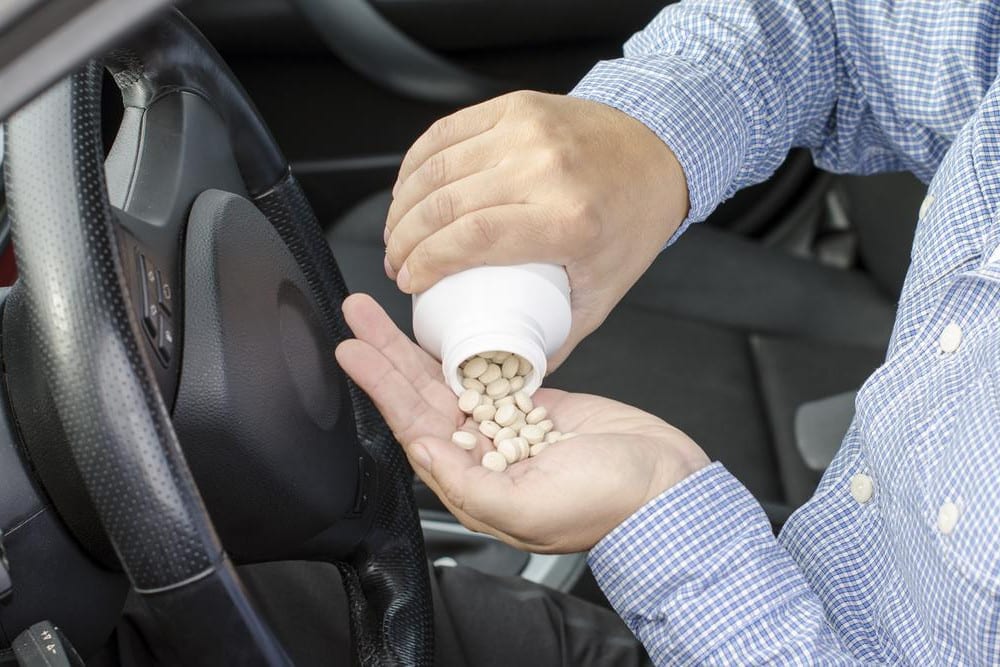

Of course you know better than to drive while impaired by alcohol, and you would never drive while using illegal drugs. But what about those over-the-counter remedies that bring relief from common ailments, like the flu, a cold, or allergies? One of the most common categories of drug given over the counter are called antihistamines, and they can definitely work to impair your driving skills. To understand why this happens, let’s talk a bit about what antihistamines are, and how they work.
When you have an attack of hay fever, it is because your body is producing histamines. Histamines are found in all humans, and most other animals. They serve a valuable function, aiding in digestion and helping to transmit messages from one nerve to another. When you come into contact with something you are allergic to, or when you develop a cold, your body goes into overdrive and produces too much of what is normally a helpful substance. Then, you need antihistamines to suppress the histamine production. The trouble is that antihistamines, in addition to easing the symptoms of your cold or allergy, can also have undesirable side effects.
Here are some things to consider before driving, if you have been taking anti-histamines:
Antihistamines can make you drowsy. In fact, if you looked at the ingredient list on the Nytol, Sominex or another brand of sleep aid you buy when you just can’t get to sleep, and compared it with your allergy medication, you would see that the ingredients are identical. The reason is simple – antihistamines make you sleepy. The corollary to that is that when you are sleepy, you are not alert, and probably shouldn’t be behind the wheel of a car.
The effect of antihistamines can be aggravated by alcohol. Of course we hope that you are not in the habit of drinking and driving, but you might not realize that even a single glass of wine, coupled with an antihistamine, can make you seriously impaired. In fact, it can make you up to three times as drowsy.
OTC antihistamines are not adjusted for weight. The dosage in an over-the-counter antihistamine is geared toward the average person. If you are small, you will be more affected by an antihistamine than a larger person.
You could, of course, buy a so-called “non-drowsy” antihistamine, but many people report that, with this type of medication, they don't become drowsy but they do feel a sense of “nothing above the neck.” This isn't good if you are about to get behind the wheel. Our final word on the topic is, if you are using antihistamines, you should avoid driving.



